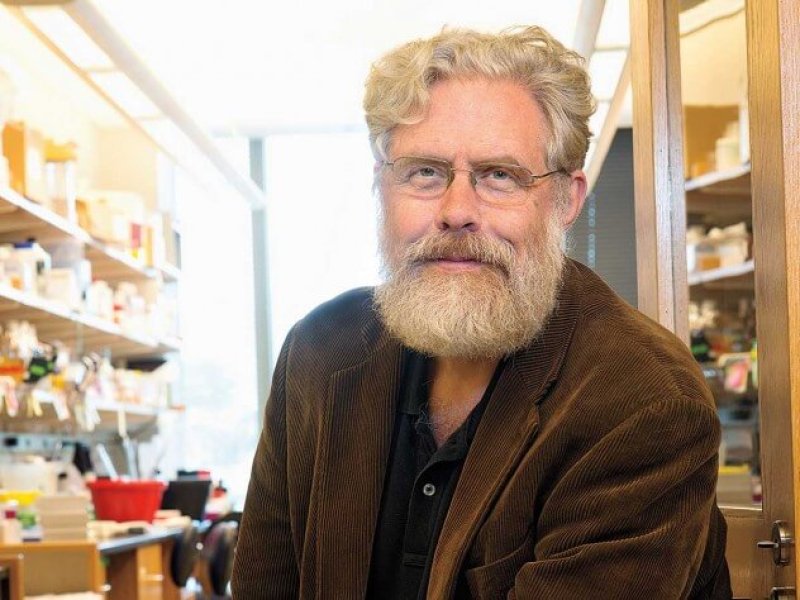Q: What do you think of the criticism being heaped on He?
A: I’d just as well not hang myself out to dry with someone I barely know, but I feel an obligation to be balanced about it. … But it seems like a bullying situation to me. …
Q: Do you think the experiment is unethical?
A: … At some point, we have to say we’ve done hundreds of animal studies and we’ve done quite a few human embryo studies. It may be after the dust settles there’s mosaicism and off targets that affect medical outcomes. It may never be zero. We don’t wait for radiation to be zero before we do [positron emission tomography] scans or x-rays.
Q: What about concerns that CRISPR will make unintended edits in the genome, so-called off-target effects?
A: I’m not saying they’ll never be an off-target problem. But let’s be quantitative before we start being accusatory. It might be detectable but not clinical. …
Q: There’s some worry that the backlash to He’s experiment will harm the field.
A: In the early days of gene therapies when there were far fewer preliminary studies, there were three deaths that set back the field. It may have just made us more cautious. And gene therapy is certainly back in force. And I don’t think these kids [the babies whose genomes He edited] are going to die.
Read full, original post: ‘I feel an obligation to be balanced.’ Noted biologist comes to defense of gene editing babies































